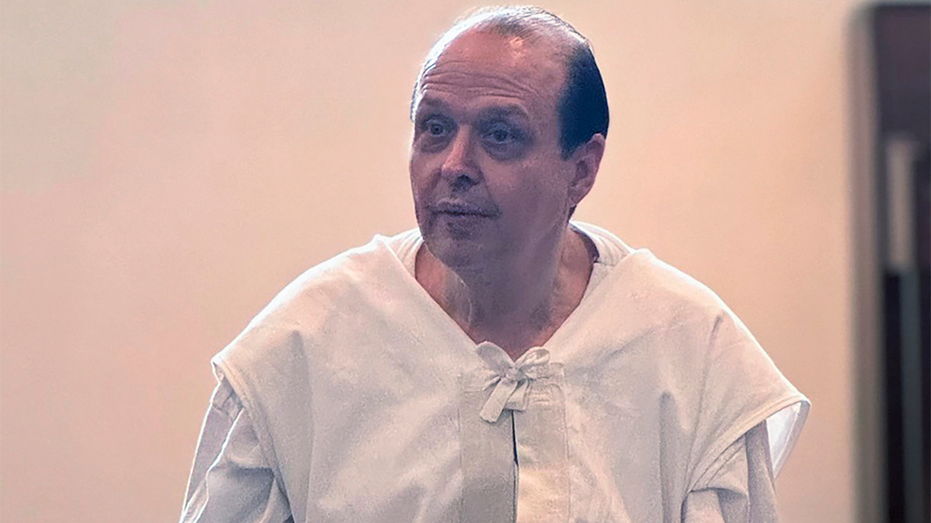Texas board rejects clemency for man facing execution in shaken baby death
The Texas Board of Pardons and Paroles on Wednesday rejected a clemency request for a man facing execution over a shaken baby syndrome despite doubts over the evidence in the case.

A Texas board has rejected a clemency request for a man facing execution over a case of "shaken baby syndrome" despite doubts over the evidence in the case.
The Texas Board of Pardons and Paroles voted against Robert Roberson's death sentence being commuted to life in prison or that his execution, set for Thursday, be delayed.
Roberson, 57, is scheduled to receive a lethal injection for the 2002 killing of his 2-year-old daughter, Nikki Curtis, in the East Texas city of Palestine. Roberson has long maintained his innocence.
The parole board's decision came a day after an East Texas judge last week denied requests by Roberson's attorneys to stop his lethal injection by vacating the execution warrant and recusing the judge who had issued the warrant.
Roberson's scheduled execution has renewed debate over shaken baby syndrome, which refers to a serious brain injury caused when a child's head is hurt through shaking or some other violent impact.
Roberson's lawyers and a bipartisan group of Texas lawmakers, medical experts and others have urged Gov. Greg Abbott to stop Roberson's execution. They say his conviction was based on faulty and outdated scientific evidence related to shaken baby syndrome.
Abbott can only grant clemency after receiving a recommendation from the board. But Abbott does have the power to grant a one-time 30-day reprieve without a board recommendation.
Roberson's supporters say doctors misdiagnosed Curtis' injuries as being related to shaken baby syndrome and that new evidence has shown the girl died not from abuse, but from complications related to severe pneumonia.
"We urge Governor Abbott to grant a reprieve of 30 days to allow litigation to continue and have a court hear the overwhelming new medical and scientific evidence that shows Robert Roberson’s chronically ill, two-year-old daughter, Nikki, died of natural and accidental causes, not abuse," said Gretchen Sween, one of Roberson’s attorneys, in a statement to Fox News Digital. "A reprieve will also give Texas legislators time to investigate why Texas’s vaunted ‘changed science’ habeas law, which allows prisoners to challenge convictions based on science that turns out to be disproven or wrong, is not being applied as intended in the courts."
The American Academy of Pediatrics, other medical organizations and prosecutors say the diagnosis is valid, and that doctors look at everything – including any illnesses – when determining if injuries were attributable to shaken baby syndrome.
The Anderson County District Attorney's Office, which prosecuted Roberson, has said in court documents that after a 2022 hearing to consider the new evidence in the case, a judge rejected the theories that pneumonia and other diseases caused Curtis' death.
Prosecutors maintain Roberson's new evidence does not disprove their case that Curtis died from injuries inflicted by her father.



